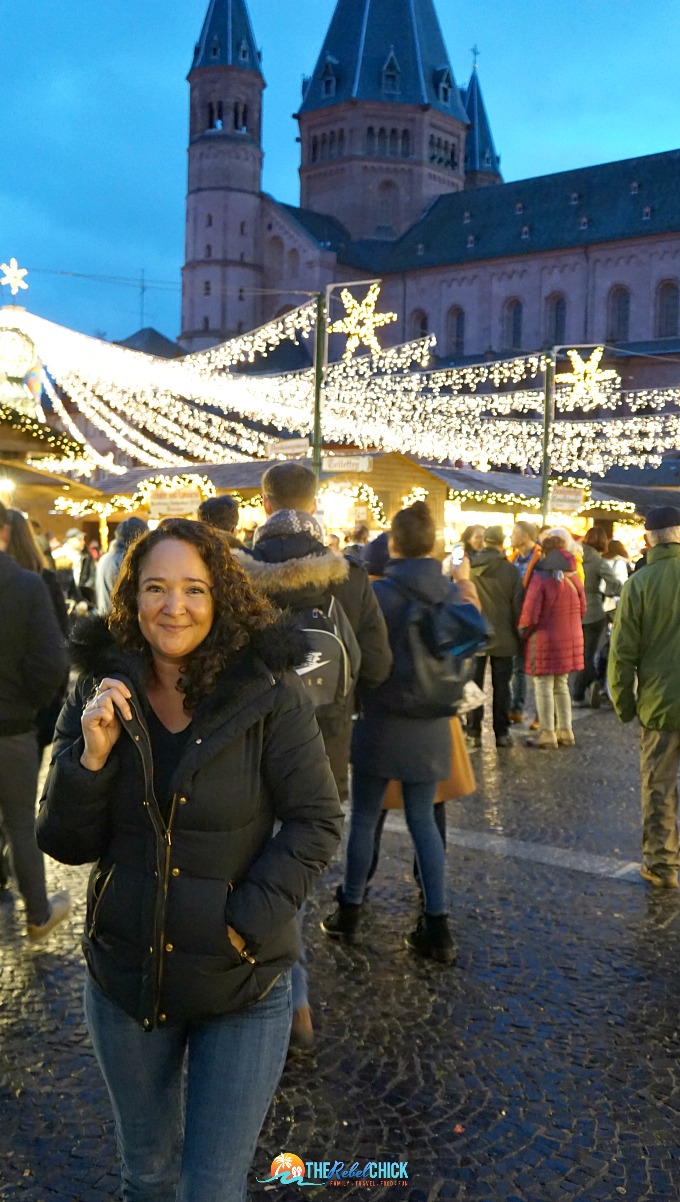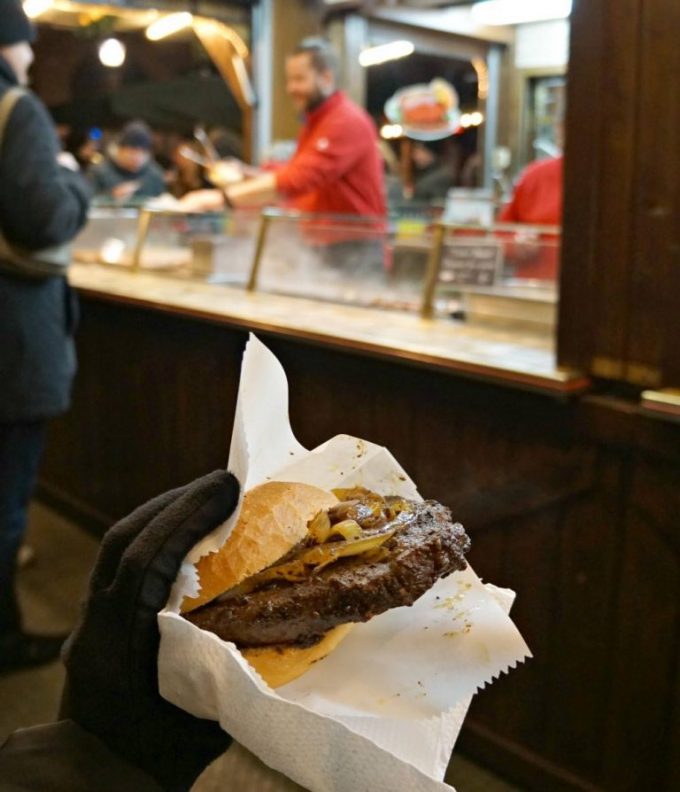Christmas is approaching, and if you are anything like me, you have been excited about it since July. To most of us, it is the biggest holiday of the year, a time of wholesomeness, love, family and happiness. Where everything is decorated in green, red, and gold with little stars and bells, snow and snowmen, and little ribbons atop of gifts. You probably already be thinking about what cute Christmas Fonts you could use in your Season Greetings letters to your family and friends.
However, you might have wondered how Christmas is celebrated in other countries, or you might be from a culture that doesn't celebrate Christmas in exactly the same way the United States does. In this article, we will teach you a bit more about how different cultures celebrate Christmas so, if you want, you might be able to incorporate some new traditions and celebrations into the way you and your family celebrate the holidays!
Christmas culture in different countries
The way the United States and most European countries celebrate the holidays is quite similar. After all, American culture originated in Europe. The streets, malls, Universities and almost every place you can enter are decked out in Christmas decoration, we celebrate a big get together and either a lunch or dinner with our family on Christmas Eve, on the morning of Christmas kids open the presents Santa Claus brought them and then we have a bit of a rest period until the last day of the year, where we celebrate the year ending. Of course, each culture has its particularities: did you know that in Spain, a very traditional decoration are tiny nativity scenes, and they eat a special dessert called "turron"? Did you know that in Germany, almost every town celebrates a Christmas market where they sell decorations, Christmas food, or mulled wine and that often features music, entertainment for kids, and in bigger cities often includes an ice skating rink?
Of course, there is plenty of cultures that weren't as impacted by Christianity, so Christmas doesn't have the same importance to them than it does to us, however, Christmas is rapidly becoming a global holiday just as Halloween, which is making the spirit of the season be present in the malls and it is celebrated more as a consumerist holiday rather than a religious or familiar one. For example, in Japan, Christmas has a completely different meaning: while the streets and malls are decked out, this day is to spend with your romantic partner instead of with your family, and if you aren't romantically involved, you will hang out with your friends. Gifts are usually exchanged between lovers, and the tradition is to eat Kentucky Fried Chicken! (in fact, this tradition is so popular that you need to make reservations months in advance if you want to get fried chicken for Christmas).
Christmas culture in different countries
In Jewish majority countries or the Jewish communities in the countries where they are a minority, celebrate Hanukkah instead of Christmas. While these two holidays happen at roughly the same time, the traditions are different: it is usually celebrated for eight days, and it celebrates the victory of the Maccabeans against the Seleucid Empire. One candle is lit every night of Hanukkah, and kids also receive gifts. The tradition is to eat fried food, usually potato pancakes, fritters, or Chinese takeout, depending on the country, and families get together to read the Torah.
In the United States, the Afro-American community sometimes celebrates Kwanzaa instead of Christmas, or they celebrate both at the same time, or one right after another. It is celebrated in honor and remembrance of the African culture of their ancestors, and it spans across seven days, to celebrate the seven virtues of Kwanzaa: unity, self-determination, collective work and responsibility, cooperativity, purpose, creativity and faith; and its representative colors are usually red, black and green. Those that celebrate Kwanzaa usually decorate their house with seven candles (3 green, 1 black, 3 red) in a candle holder, fruits, nuts and vegetable, ears of corn, mats, a special celebratory cup called the "unity cup" and gifts that are later given to kids. Kwanzaa is not a religious holiday, so no get-togethers to pray usually happen, and the traditions are usually pretty free.








Leave a Reply